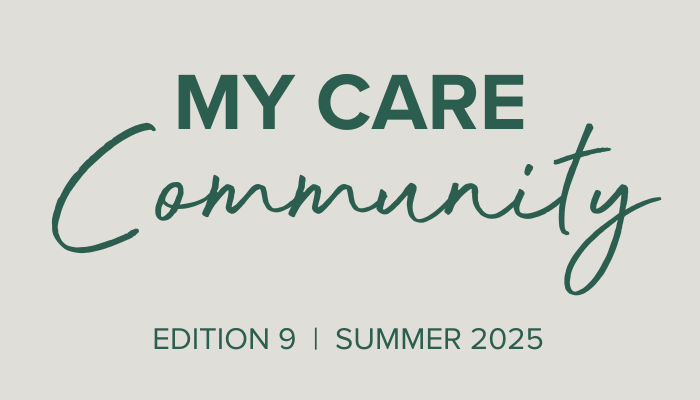As our loved ones age, they become more vulnerable to various scams and frauds. Research indicates that adults aged 65+ lost over 49.1 million to phone fraud in 2021. While no one wants to think of their ageing family members as targets, it’s important to keep them safe and avoid financial loss.
The most common scams targeting older Australians include:
- IT Support – The scammer contacts you via phone or email while posing as technical support personnel from a telecommunications or computer company. They try to get you to send money or buy a prepaid gift card to fix a false technical issue, and they occasionally ask for remote access to your computer.
- Dating and Romance – The scammer establishes a rapport with you in order to demand money or gifts. They might persuade you to give them title to property or ask to inherit from your estate. Frequently, they will ask you for money to resolve a fictitious health, travel, or family issue.
- Travel – The scammer tricks you into claiming a free or discounted fictional holiday. To secure your ‘booking’, you may be asked to give the scammer personal information and credit card numbers.
- Government and Bank – The scammer advises you are eligible for a rebate or reimbursement from the government or bank. To secure your funds, they may request personal information and bank details.
Scammers are effective because they play on emotions such as fear, loneliness and compassion. They identify and prey on vulnerabilities such as age, and they are experts at manipulating trust. They may also threaten victims with a fine, disconnection of service, arrest or deportation.
Consider these five tips for preventing fraud.
1. Have an open dialogue with your loved ones about fraud
Scams are, unfortunately, a reality. And as older loved ones grow more trusting, they may be easier targets for fraud. Help your loved ones understand the types of scams that could happen to them and encourage them to stay on the lookout. Talk about common scams with your loved ones to ensure they know what is possible, such as the ATO scam, robocalls from people claiming to be family members in distress or an email from someone claiming their bank account has been hacked.
2. Use technology to secure their devices
Keep your elderly loved ones safe from fraud by downloading antivirus software to their computer. In addition, installing ad-blocking software will help prevent malicious pop-ups that can deceive and cause stress on their computers. Consider signing up for a subscription service like Norton 360, so you’ll be alerted about any new viruses that could affect them. Be proactive about protecting your elderly loved ones from cybercriminals.
3. Monitor monthly statements
Your parents might fall victim to fraud without even realising it. Helping them keep an eye out for indications of fraud on their financial accounts is crucial because of this. Ask for consent to review their monthly statements.
If they haven’t already, assist them in setting up online access to all of their financial accounts and creating secure passwords. Tell them it will be simpler to regularly check their accounts online for suspicious activity than wait for a monthly account statement. Additionally, assist them in setting up alerts on their bank and credit card accounts so they can be notified via email or text message whenever there is activity on those accounts.
4. Protect their social media accounts
Ensure that your loved one is aware of the importance of only accepting friend requests from people they know and assist them in updating the privacy and security settings on their social media accounts to restrict who can see what. Remind them to delete messages from strangers who expressed interest in getting to know them more after falling in love with their profile photos, regardless of how flattering the attention makes them feel. These people are probably just looking for their money, not to be loved.
5. Remind them not to share personal details
It’s acceptable for your dad to brag about winning his golf game (again), and it’s acceptable for your mum to share her cake recipe on Facebook, but please remind your loved ones to never share personal information like their Medicare number, bank account number, PIN, or passwords. Inform them of the benefits of not responding to chance phone calls from strangers who might enquire about their first car, favourite animal, or year of birth in an effort to guess their passwords.
At My Care Solution, we are your local experts in home care services. We work with your loved ones to ensure that they live independently in the comfort of their own homes. Our services are available in Adelaide and Victor Harbor. Contact us today if you are interested in learning more about how we can help you.



